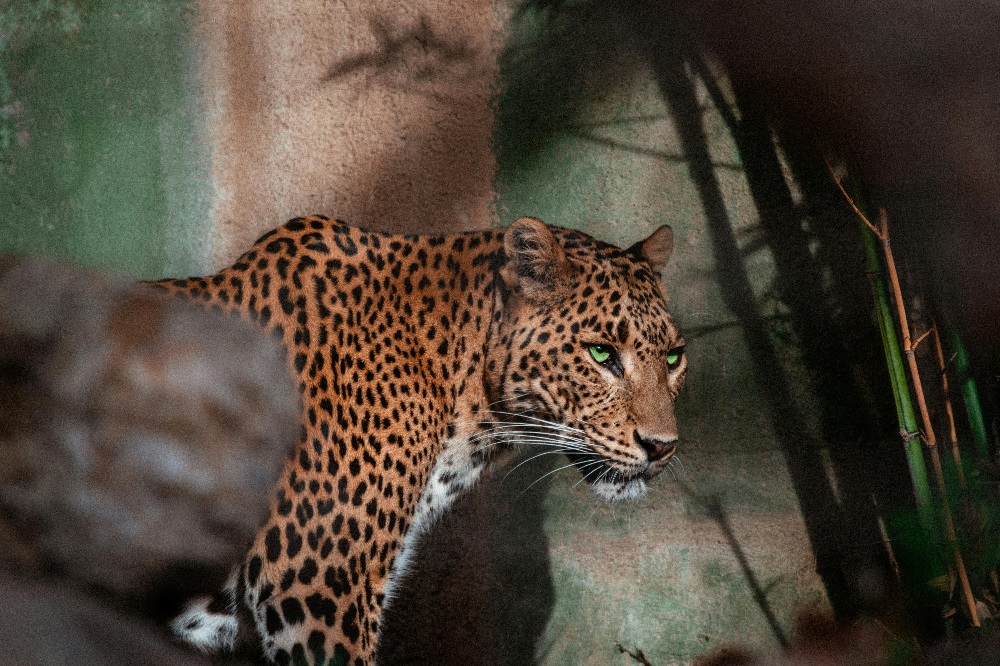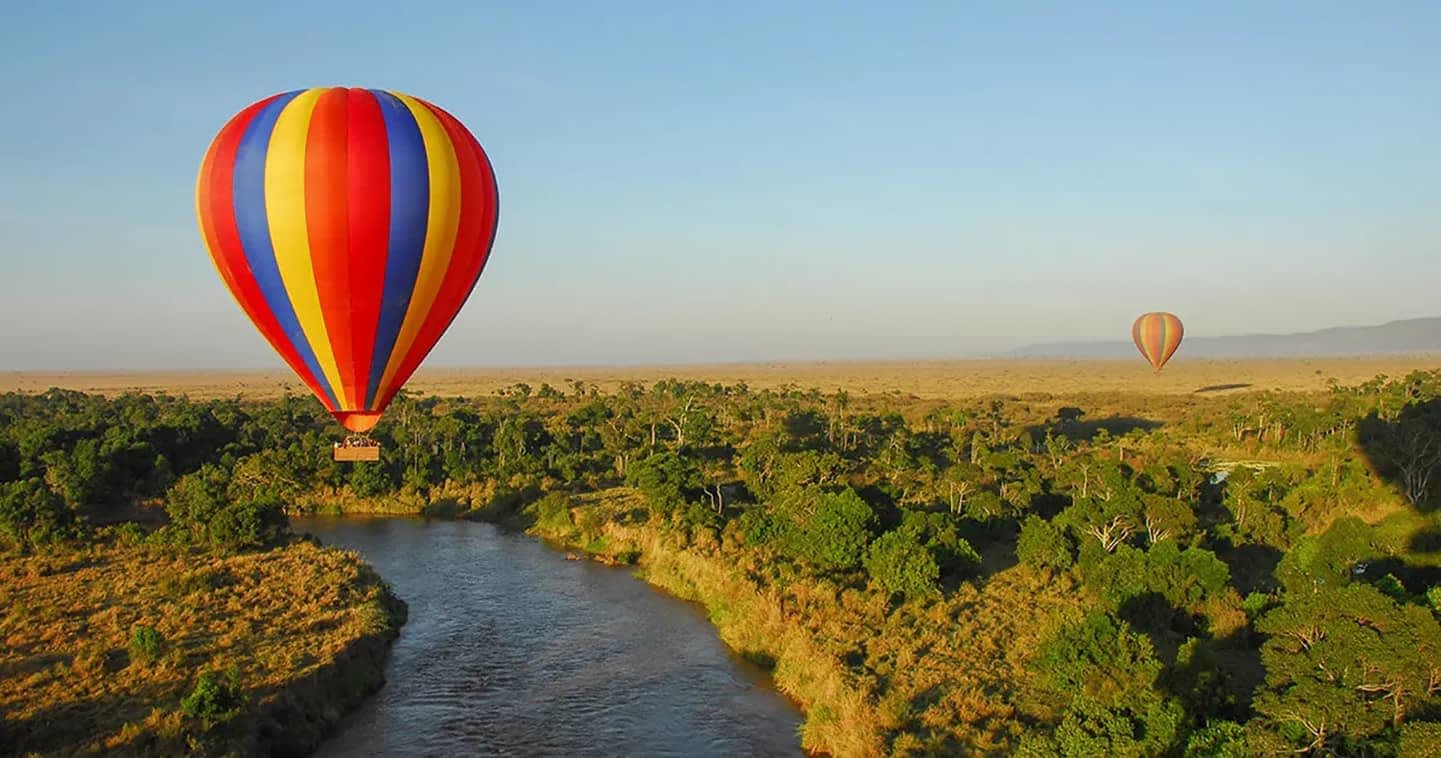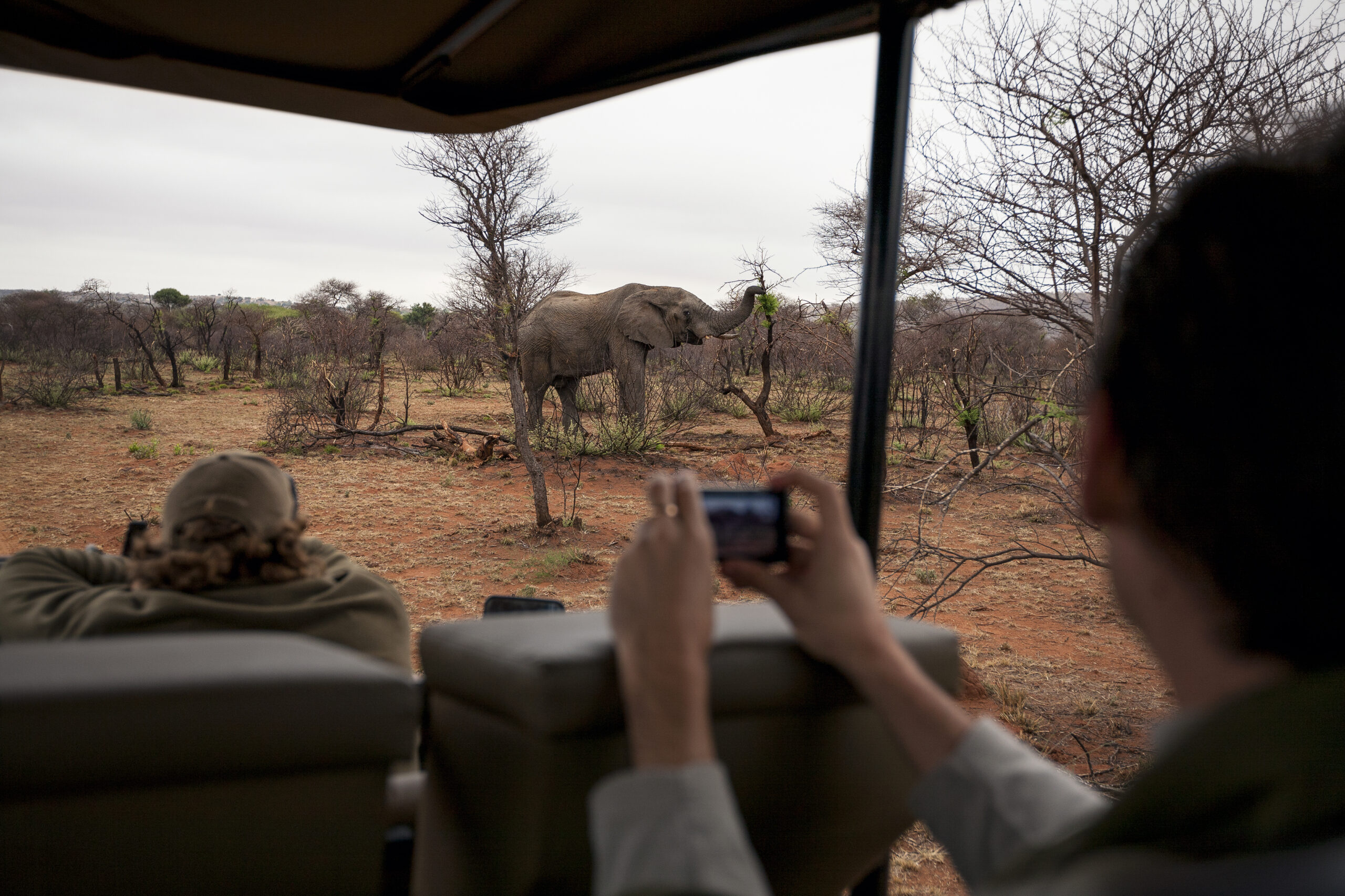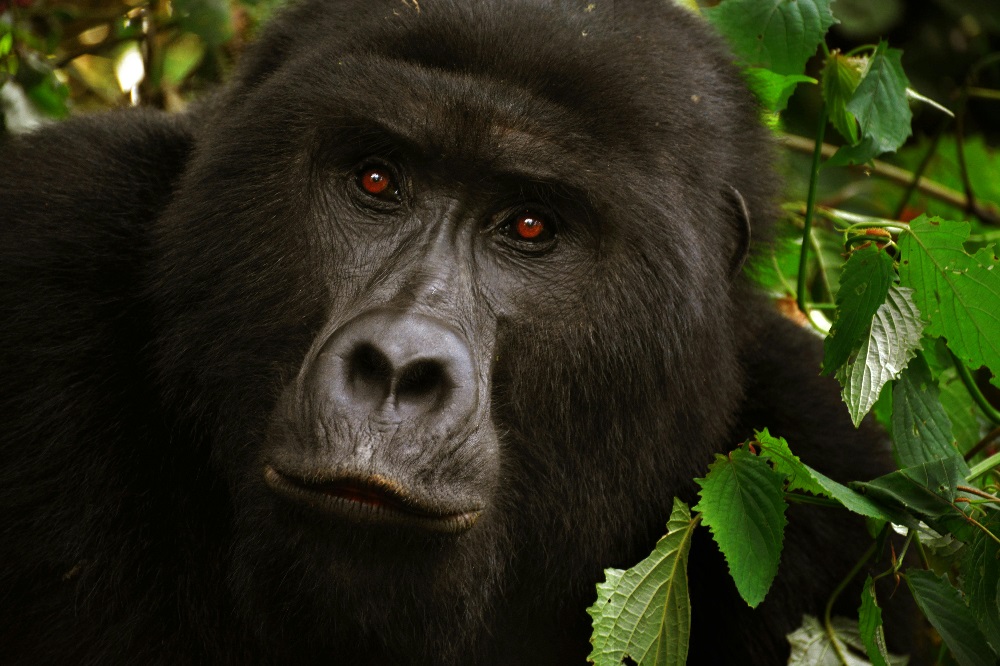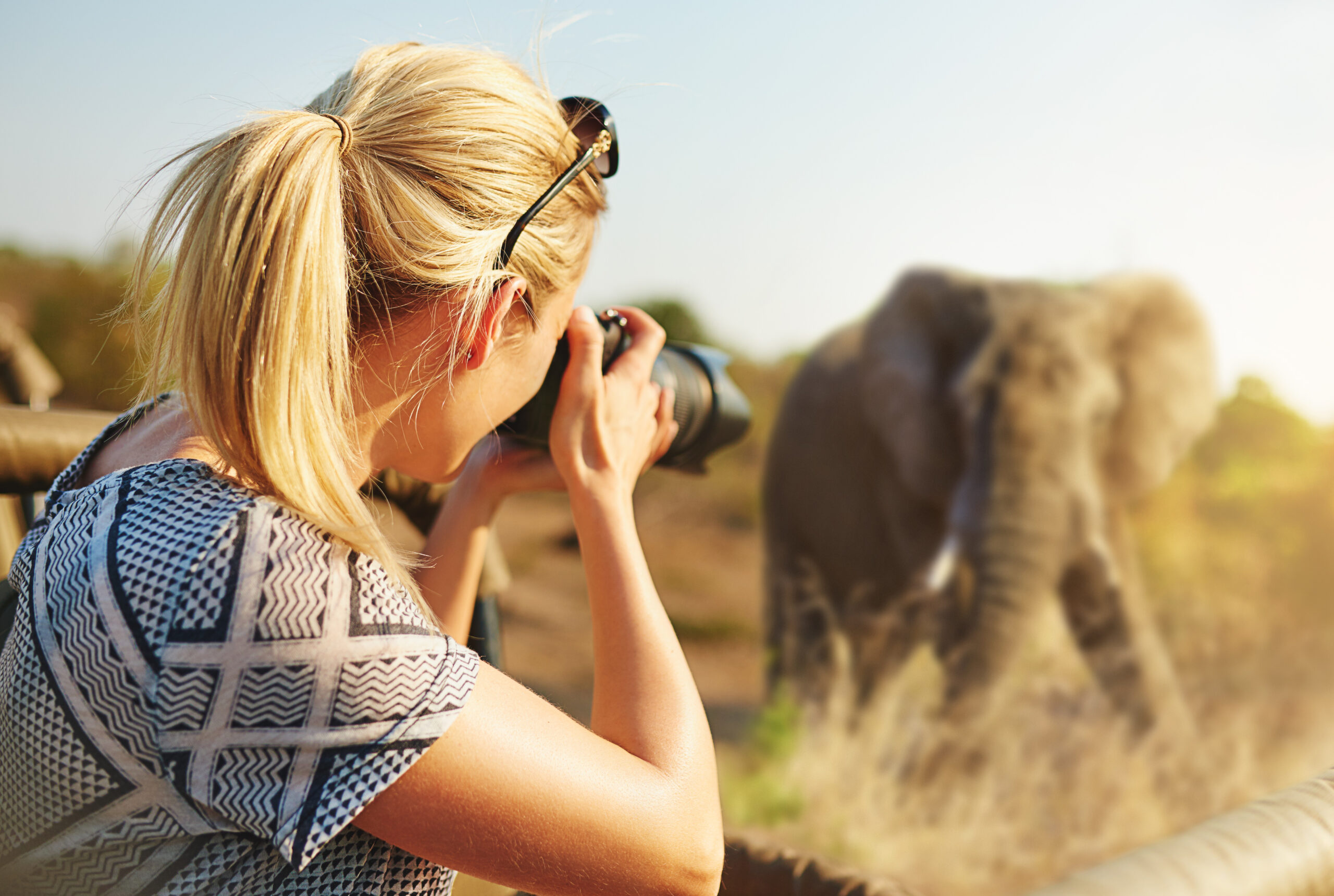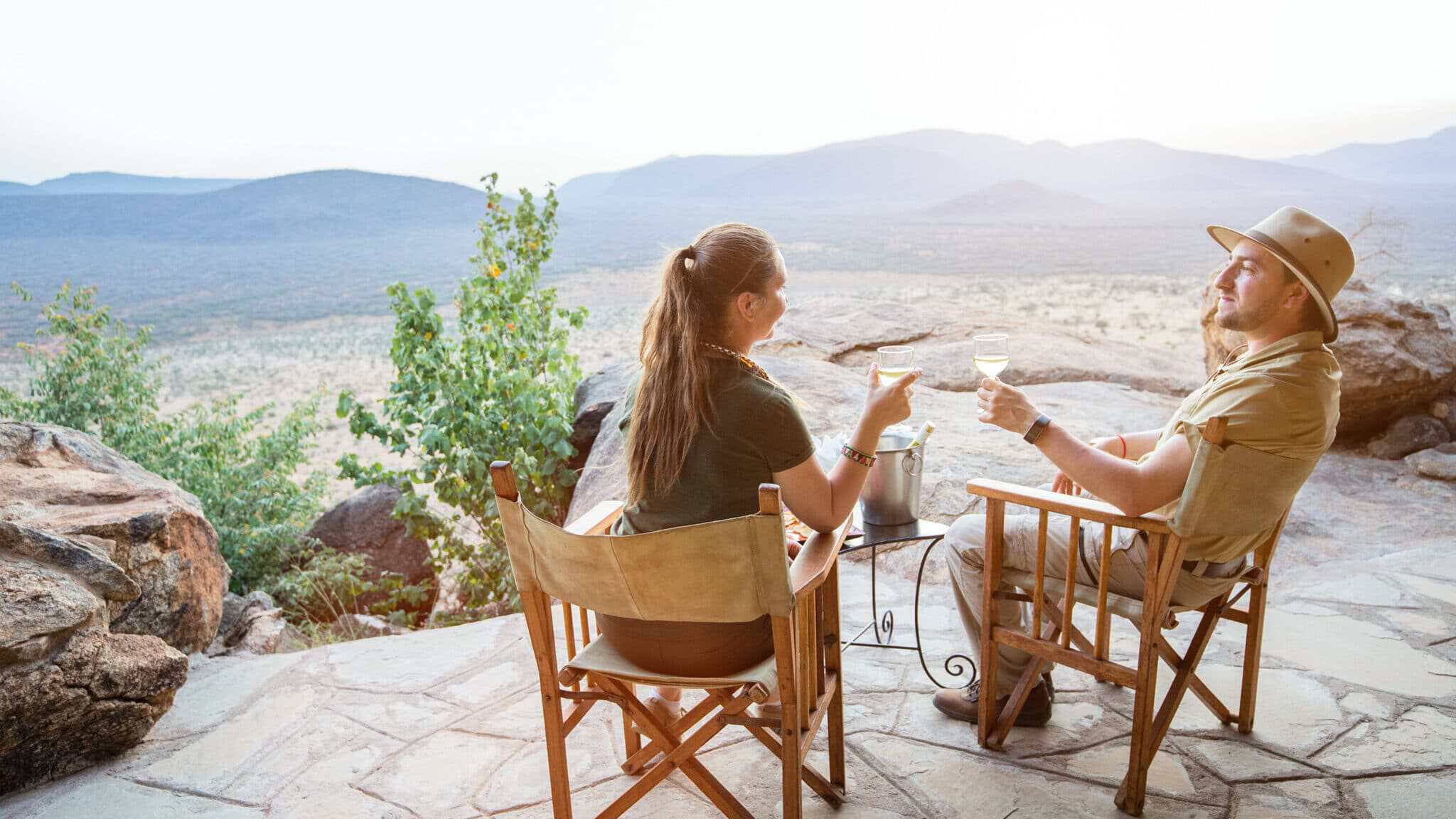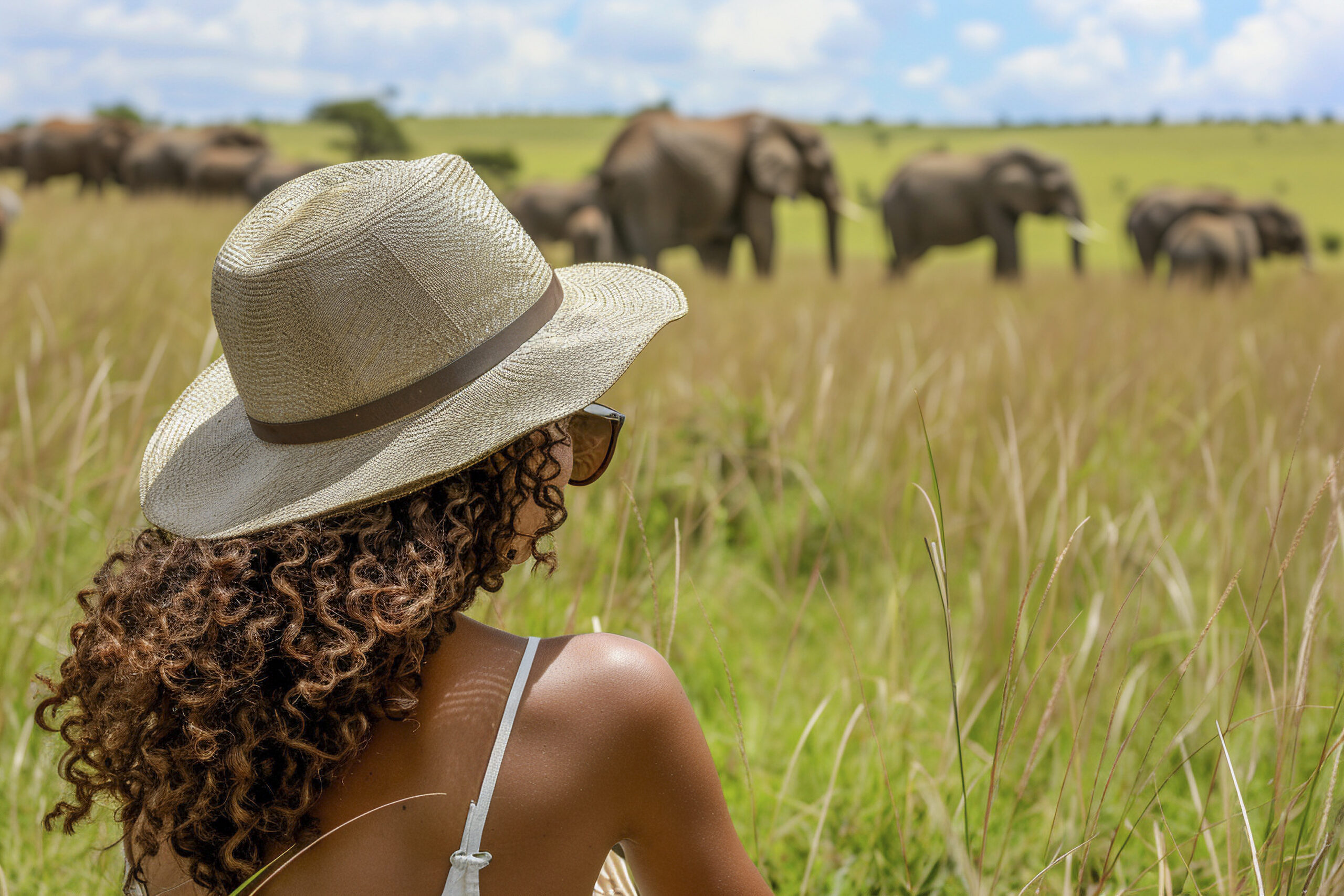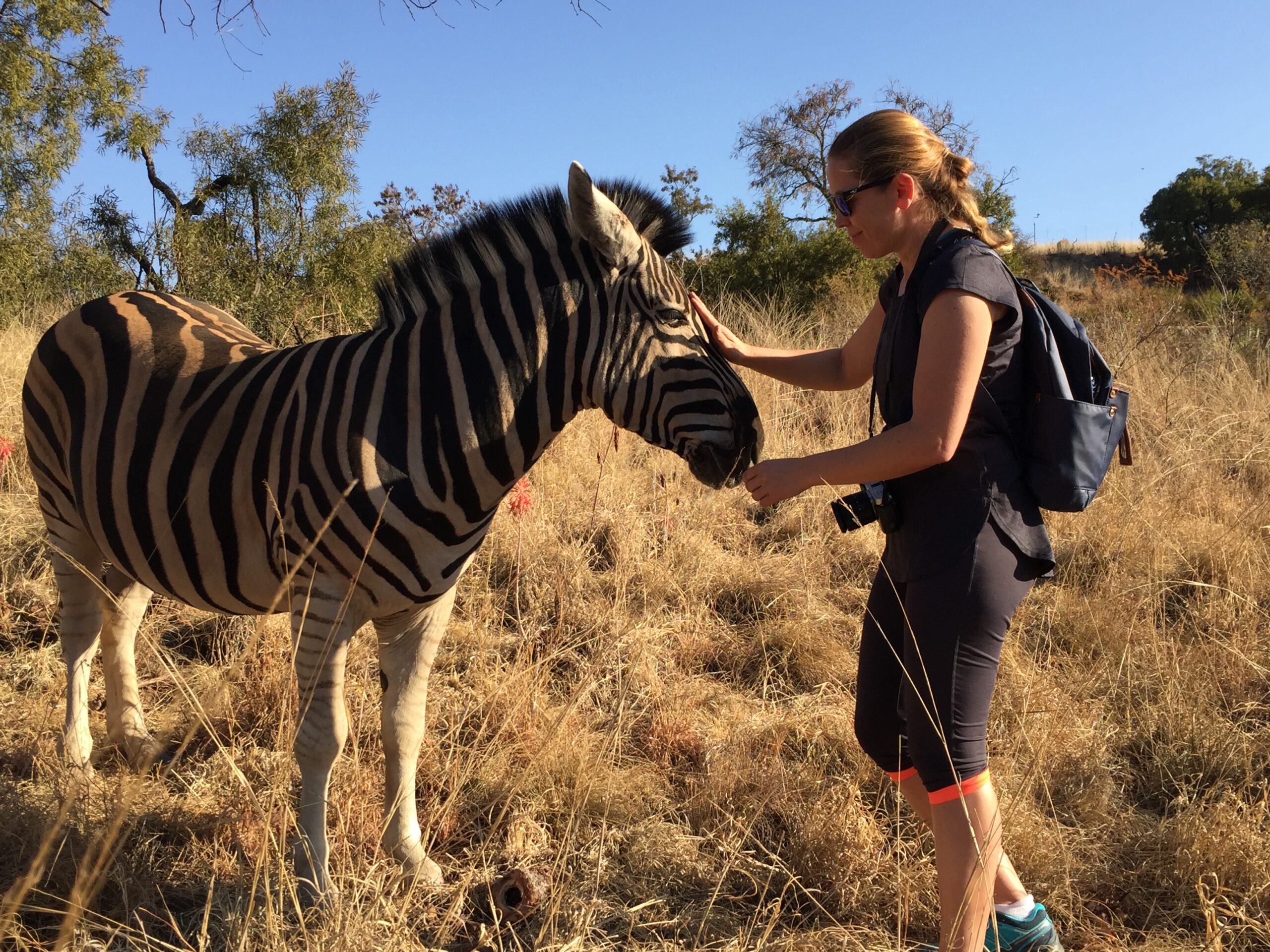When planning a safari, travelers from the UK often ask, “How much does a 2-week African safari cost in pounds?” The answer varies depending on the destination, the type of safari, the level of comfort, and the time of year. On average, a two-week safari can cost between £2,200 and £10,000 per person. Budget travelers who choose simple camps, join group tours, and avoid peak seasons may spend around £2,500 to £3,500, while those who prefer mid-range options with comfortable lodges and guided tours usually spend between £3,500 and £6,000. Luxury travelers who stay in exclusive lodges and fly between parks can easily spend £7,000 to £10,000 or more. To understand where your money goes, it is important to look at the value of the safari, the best destinations for cost, and how long you should stay.
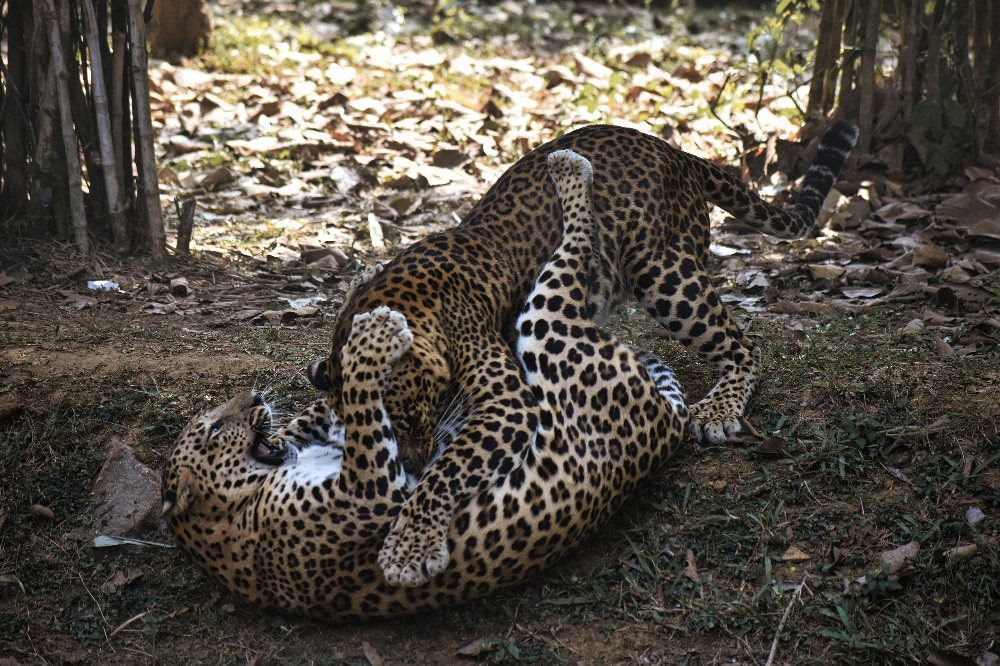
Is an African Safari Worth the Money?
An African safari is not just a holiday; it is an experience that stays with you forever. The money you spend is not only about lodging and transport. It is about the unforgettable feeling of watching elephants move quietly across the savannah, seeing lions stalk their prey at dawn, or witnessing thousands of wildebeest cross rivers during the Great Migration. Two weeks give you time to fully enjoy these wonders without feeling rushed. Many people also feel good knowing that their safari money supports conservation and local communities. Park fees protect wildlife, and lodges employ local staff. This means the cost is both an adventure and a contribution to sustainability.
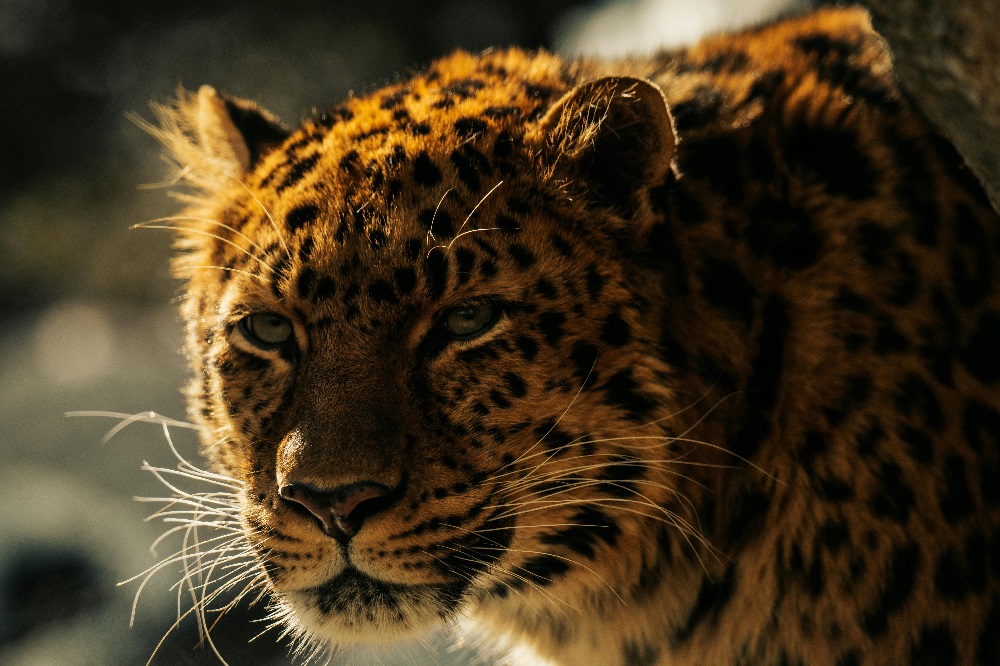
When you compare a safari to other trips like beach holidays or city tours, the value becomes clearer. On a safari, every single day offers new adventures. No two game drives are the same, and the thrill of spotting a leopard or rhino in the wild cannot be matched by ordinary travel. The cost may seem high at first, but for the experiences you gain, most travelers say it is worth every pound.
How Far in Advance Should You Book a Safari?
Booking early is one of the best ways to manage your safari cost. For peak seasons such as July to September in Kenya and Tanzania, or December in South Africa, you should book at least 9 to 12 months in advance. This gives you the chance to secure cheaper flights and early-bird discounts from lodges. Flights from London to Nairobi or Johannesburg often rise by several hundred pounds closer to departure dates, so booking early can save you up to £400 per ticket. Safari lodges also fill quickly, especially in famous parks like the Maasai Mara or Serengeti. If you wait too long, you may only find premium options left, which are far more expensive. Planning early ensures you get the best deals in pounds and more choice of lodges, camps, and routes.

Why Are Safaris in Kenya Expensive?
Kenya is famous as a top safari destination, but it is also more expensive than some other countries. This is mainly due to high park entry fees, which can be around £60 to £70 per day per adult in the Maasai Mara. When you multiply this by two weeks, the fees become a big part of the total safari cost. Kenya also has many high-end lodges that focus on luxury experiences. These include private guides, gourmet meals, and beautiful accommodation. While these lodges are fantastic, they raise the average price of safaris in the country.
The popularity of Kenya also adds to the cost. Because so many travelers want to see the Great Migration in the Maasai Mara, demand is very high, and prices follow. A two-week safari in Kenya usually ranges from £3,500 to £7,000 per person. Budget options exist, especially for group tours, but Kenya is not the cheapest country if you want to stretch your money further.
Which African Safari Is Best Value for Money?
If you are looking for the best value, Tanzania, South Africa, and Namibia are excellent choices. Tanzania offers almost the same wildlife experiences as Kenya but at slightly lower costs. A two-week safari can range between £2,800 and £6,500, depending on whether you choose budget or luxury lodges. South Africa is one of the most affordable choices, especially if you are open to a self-drive safari in Kruger National Park. In this case, two weeks can cost as little as £1,800 to £3,500 per person, making it one of the cheapest ways to see the Big Five. Namibia is another great value option with its unique desert landscapes and the chance to see wildlife in Etosha National Park. Two-week safaris here often start at £2,200.
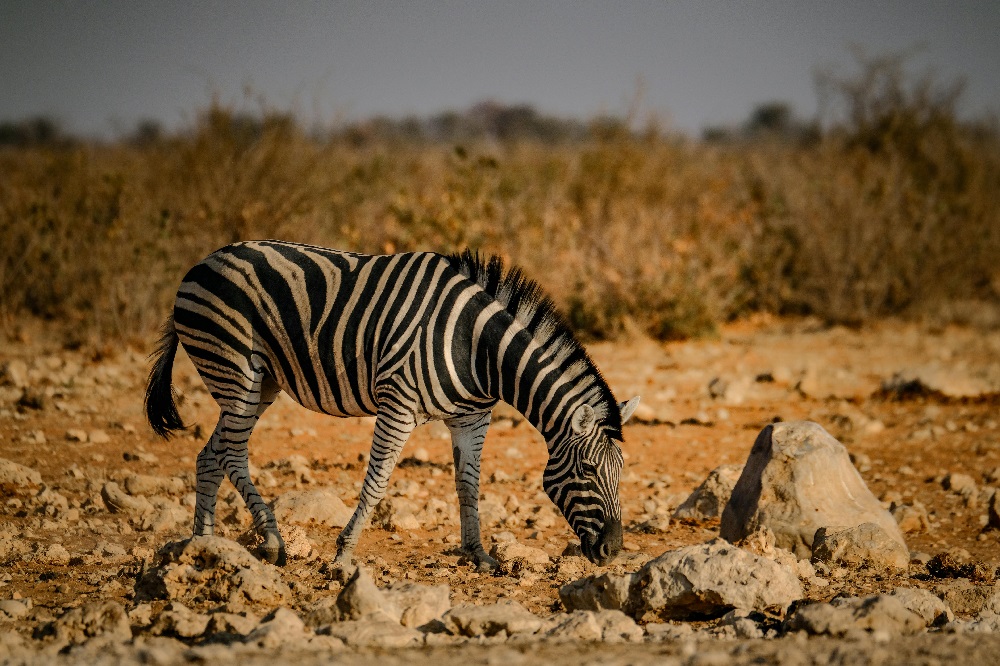
For travelers who want luxury, Botswana is the top choice, but it comes with a higher price. Two weeks in Botswana can easily cost £8,000 to £12,000 per person because most lodges are exclusive, and the country focuses on low-volume, high-quality tourism.
What Is the Average Cost of a TUI Safari?
Many UK travelers prefer booking with TUI or similar operators because of convenience. A two-week safari through TUI usually costs between £3,000 and £5,500 per person. These packages often include flights, transfers, accommodation, meals, and game drives. The benefit of booking with TUI is that everything is priced in pounds, which avoids hidden currency conversion fees. It also provides extra peace of mind with ATOL protection. The drawback is that packaged safaris can sometimes be more expensive than booking directly with local operators. However, the ease of having everything planned is a strong reason many travelers choose this option.
Where Is Best for a Safari Holiday?
The best safari holiday depends on your priorities. If you want to see the Big Five, South Africa’s Kruger National Park or Tanzania’s Serengeti are perfect choices. For those who dream of witnessing the Great Migration, Kenya’s Maasai Mara or Tanzania’s Serengeti between July and October are unbeatable. If scenery is more important, Namibia’s deserts and Zambia’s river safaris offer unforgettable landscapes.

In terms of cost, South Africa is the most affordable option, starting at around £2,000 for two weeks, while Botswana is the most expensive with costs above £8,000. Kenya and Tanzania offer mid-range options, allowing travelers to balance quality experiences with manageable costs.
How Many Days Should You Spend on Safari?
Two weeks is ideal for travelers from the UK because it gives enough time to explore without feeling rushed. Shorter safaris of five to seven days are common, but they often leave visitors wishing for more. A 14-day trip allows you to visit multiple parks. For example, in Kenya, you can combine Maasai Mara with Amboseli and Samburu. In Tanzania, you can visit Serengeti, Ngorongoro Crater, and Tarangire. This variety is one of the main reasons people choose longer safaris.
The cost difference between a one-week safari and a two-week safari is significant, but the experience doubles. A seven-day safari may cost around £1,800 to £3,500, while a 14-day safari usually ranges from £3,000 to £6,500. The extra days mean more game drives, more chances to spot rare wildlife, and more time to enjoy the landscapes.
Who Is the Best to Book a Safari With?
Travelers can choose between UK-based tour operators, local African companies, or online platforms. UK-based operators like TUI, Kuoni, and Audley Travel often charge more, but they provide the comfort of booking in pounds and offer more protection in case of problems. Local operators in Africa can be cheaper, but many of them prefer payments in US dollars, which can affect your budget depending on exchange rates. Online platforms like SafariBookings allow you to compare different operators easily, but the quality of service can vary.
On average, booking with a UK operator can cost about 15 percent more than booking locally, but many travelers consider this worth it for the extra security and ease.
Safari Costs in Tanzania vs Kenya
When comparing Kenya and Tanzania, Tanzania is usually slightly cheaper. A two-week safari in Tanzania ranges from £2,800 to £6,500, covering famous parks such as Serengeti, Ngorongoro Crater, and Tarangire. Kenya, on the other hand, costs between £3,500 and £7,000 for two weeks in parks like Maasai Mara, Amboseli, and Samburu. Kenya tends to be more expensive because of higher park fees and the global popularity of the Maasai Mara, but Tanzania offers wider safari circuits for the same price range.

How Much Does a Safari in Kruger National Park Cost?
South Africa’s Kruger National Park is one of the most budget-friendly destinations for UK travelers. A two-week self-drive safari, where you rent a car and drive yourself through the park, can cost as little as £2,000 to £3,000 per person, including flights, car rental, park fees, and basic accommodation. For those who prefer guided tours and luxury lodges, the cost rises to between £4,500 and £7,000 per person. This makes Kruger a destination that can fit almost any budget, while still offering the chance to see all the Big Five animals.
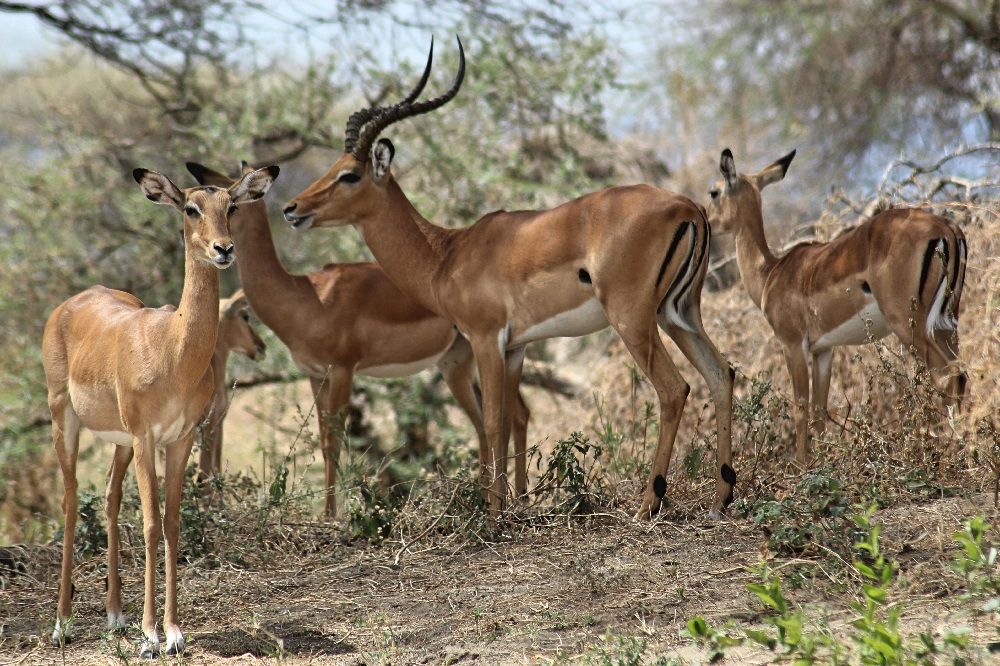
Conclusion
The cost of a two-week African safari in pounds depends on the destination, the level of comfort, and the type of safari you choose. Budget safaris start around £2,200, mid-range options range from £3,500 to £6,000, and luxury safaris go beyond £7,000. Countries like South Africa and Namibia provide cheaper options, while Kenya and Tanzania balance cost with quality experiences. Botswana is the ultimate luxury destination but requires a higher budget.
A two-week safari is worth every pound, not just for the wildlife encounters but also for the cultural experiences and the chance to support conservation. Booking early, choosing the right season, and working with trusted operators will help you get the best value. If you are ready to experience the adventure of a lifetime, this is the perfect time to plan your African safari and turn your dream into reality.

